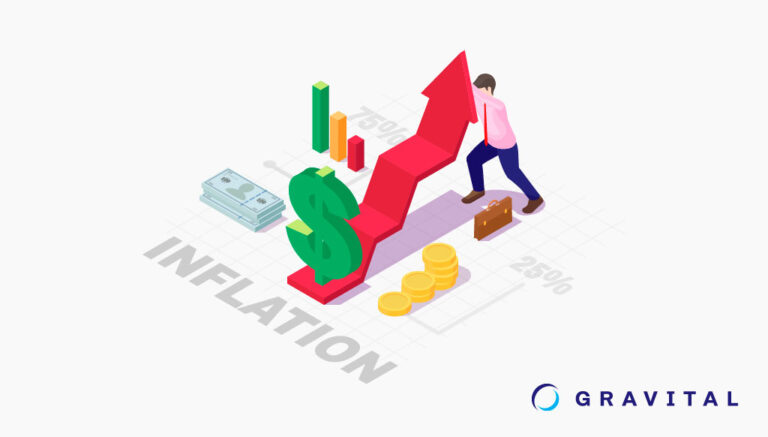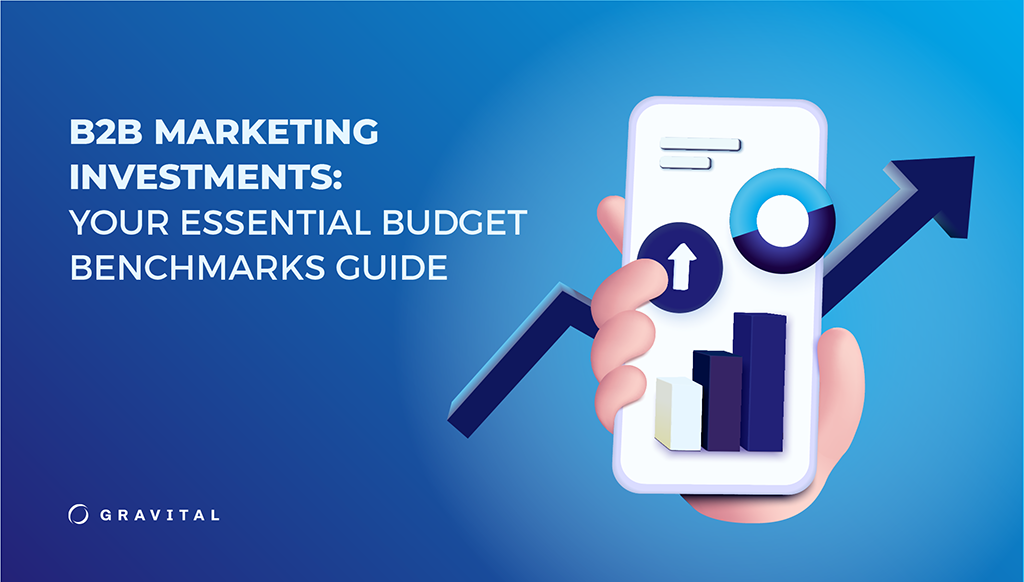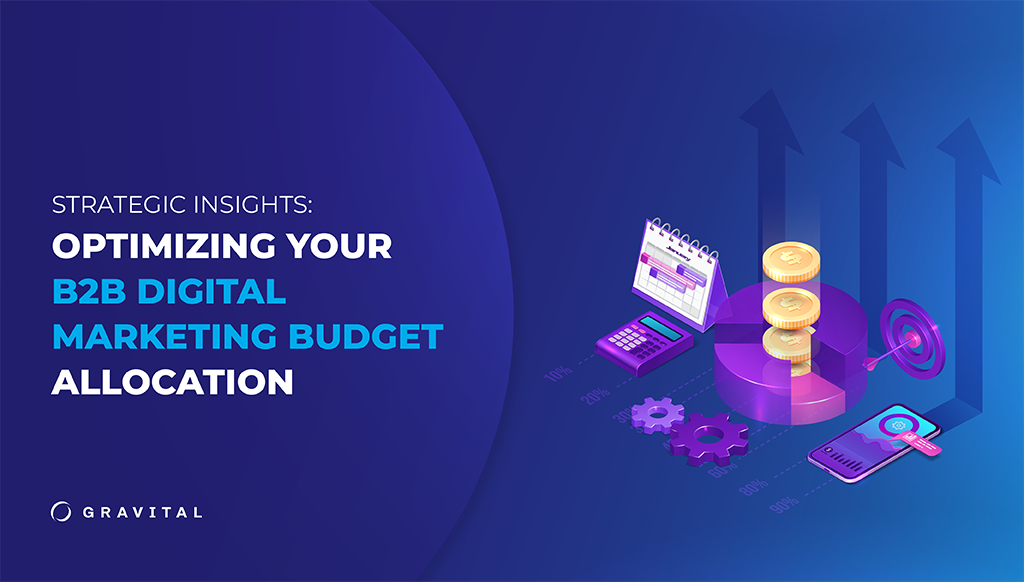With consumer prices on the rise, what seemed like transitory inflation is turning into a longer-term problem that may persist well into 2023 and beyond, potentially driving the economy into a recession. Compounded by the global Covid-19 pandemic, labor shortages, the Russia-Ukraine war and supply chain disruptions, inflation is driving many companies to rethink their business strategies and take steps to counteract its effects.
To effectively combat inflation, business leaders should consider a variety of strategies–in addition to raising prices.
The first thing we need to understand is the concept of Inflation. Inflation is the continuous and accelerating rise in prices of goods and services and the decline of the purchasing power or value of a given currency over a certain period of time, usually a year. When an economy is experiencing inflation, its currency can lose much of its value.
Whether inflation is good or bad depends on the circumstances. Many economists consider small or moderate price gains as a sign of a healthy economy because it can lead to higher wages and job growth.
Because inflation leads to higher prices for basic necessities, such as food, housing and fuel, it can frustrate consumers and have a negative impact on society. People’s incomes typically do not increase as much as prices for goods and services, making it more difficult for them, especially low-income households, to purchase essential items.
Who Benefits From Inflation?
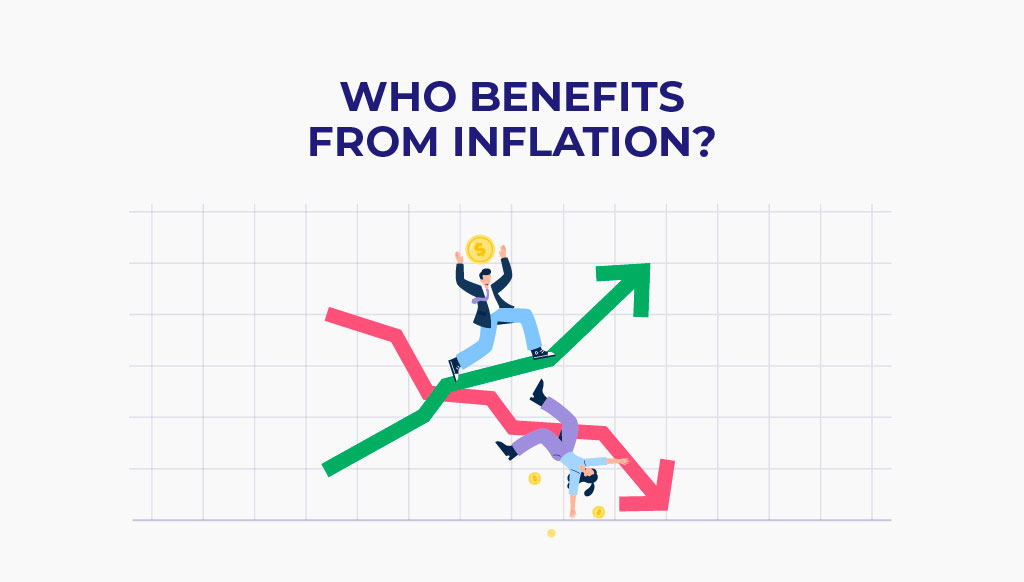

While consumers experience little benefit from inflation, investors can experience gains when they hold assets in markets affected by inflation. For example, those who have invested in energy companies will see their stock values increase as energy prices go up.
Some companies can benefit from inflation if they are able to increase prices as a result of increased demand for their products and services. If, for instance, the economy is performing well and housing demand is high, real estate developers can charge higher prices for their homes. Some companies deliberately withhold supplies from the market to cause prices to rise.
Impact of Inflation on Business
As the price of goods and services climbs across the nation, consumers and businesses, especially small- and mid-size businesses, are feeling the pinch. Inflation may be one of the most common economic challenges that businesses face, but managed incorrectly, it can cut profits, stunt growth and lead to bankruptcy.
The following strategies can help you recalibrate your business at this critical time. They consist of both immediate and ongoing steps you can take to protect your business from the negative impacts of inflation and set it up for future success.
7 strategies to deal with inflation
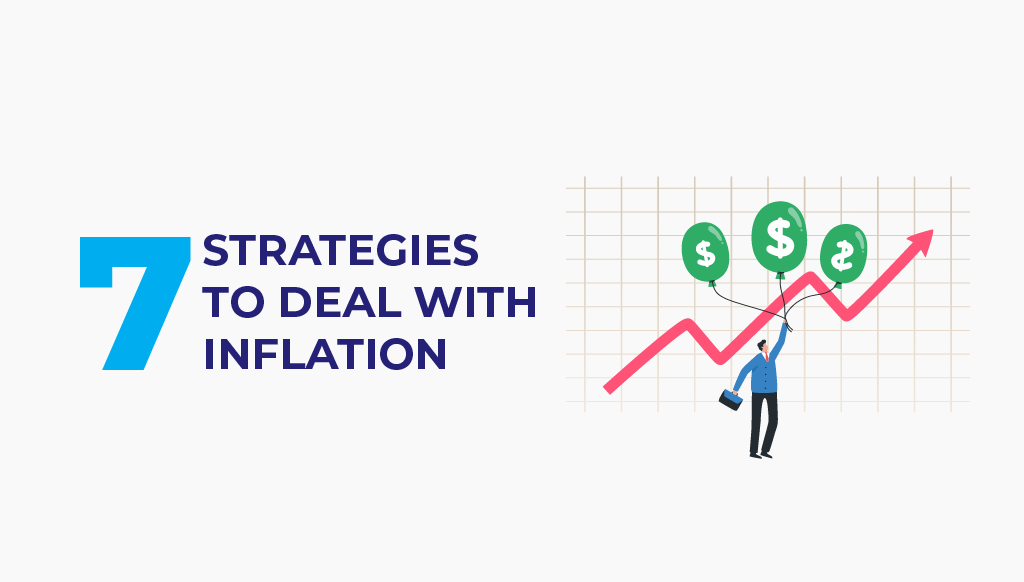

1. Adjust Your Prices, Wisely
Inflation directly adds to the operational costs of your business and eats into your profit margins. So you should raise prices, right? Not necessarily.
During a period of inflation, you should evaluate your prices on a regular basis and, if needed, increase them to ensure that you don’t lose money as costs go up. Keep your eye on the market, not just your shop. Stay informed about what your competitors are doing with their prices.
2. Reduce Your Costs
Cutting expenses is a vital part of dealing with inflation. Review your overhead costs and variable expenses and consider the value they bring to your operation. Avoid cutting costs that are essential to operational efficiency, employee wellbeing or customer satisfaction. The more affordable your expenses are, the more cash you can put toward replenishing inventory, retaining talent, marketing efforts and improving customer experience.
3. Increase Efficiency and Productivity
To offset the cost of inflation, you need to become more efficient. You can do this by using the right business tools, streamlining your processes and retraining your staff. The better you put technology to work for you, the better you can manage inflation’s rising costs and remain profitable.
4. Retain Your Best Employees
Without strong employee retention efforts, you can lose valuable workers and struggle even further to meet customer demand. To retain your workforce you need to keep your employees happy. Along with higher pay and good benefits, numerous surveys show that most employees today want better working conditions, such as flexible work arrangements.
5. Revamp Your Supply Chain
You may not be able to inflation-proof your supply chain, but you can make it more cost-effective. Invest in supply chain sustainability and resilience measures, such as diversifying your vendors, renegotiating existing contracts and stockpiling critical materials.
Other measures focus on giving customers what they want when they need it, despite a higher cost. This may involve moving to domestic vendors or splitting orders among multiple sellers rather than choosing the lowest cost source.
6. Shift Your Marketing Tactics
Market changes call for changes in your marketing strategy. For example, you may need to reposition a product or service in order to justify a price hike or target less price-sensitive customers. Here are the most important marketing moves you can make during a period of inflation or recession.
7. Diversify Your Revenue Streams
With so many factors to consider when dealing with inflation, it is no wonder that many businesses forget to consider other revenue streams. Relying heavily on one or two sources of income makes companies more vulnerable during periods of economic instability. By diversifying revenue streams, you can reduce your company’s risk: if one area of your business ceases to be profitable, others can make up for it.
Businesses that can adapt quickly to a changing market and economy by using one or more of the strategies presented here are the ones that live to tell the tale.
The final answer to the inflation question is to always expect it and never underestimate it. Inflation can be a lesson learned, an opportunity for improvement rather than a problem to solve.
